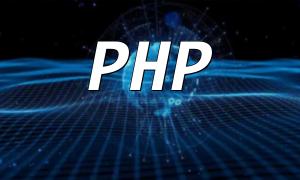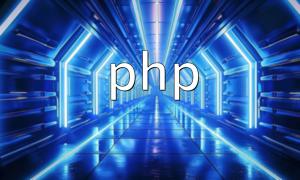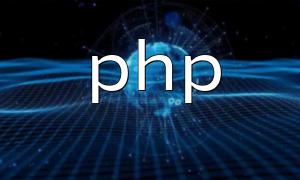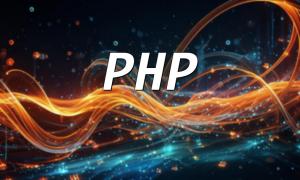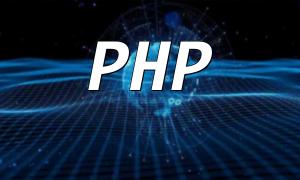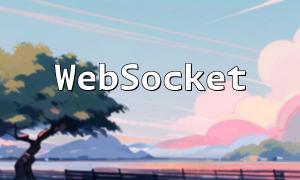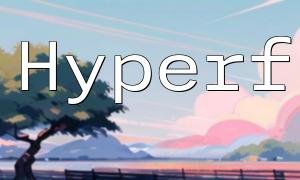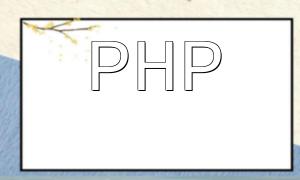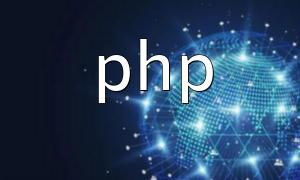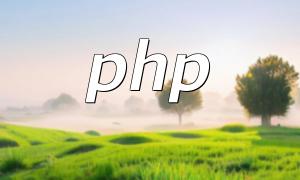As web technologies continue to evolve rapidly, PHP frameworks are adapting to meet new development needs. From traditional monolithic applications to modern distributed systems, developers are demanding higher performance, flexibility, and maintainability. The future of PHP frameworks will focus on scalability, agility, and development efficiency.
Microservices architecture breaks applications into smaller, independent services, significantly improving system maintainability and scalability. Frameworks like Laravel, Symfony, and Phalcon already provide strong support for microservices, enabling teams to independently deploy and update specific modules for faster iteration cycles.
Cloud-native approaches are driving PHP frameworks to better integrate with cloud environments. Through containerization, serverless computing, and automated operations, developers can easily deploy highly available applications. Frameworks such as Laravel and Yii have integrated with Kubernetes and Docker, simplifying deployment and resource management in the cloud.
Low-code/no-code (LC/NC) development is reshaping how applications are built. With visual interfaces and modular logic, both developers and non-technical users can quickly create applications. Frameworks like CodeIgniter and CakePHP are exploring this area, making the PHP ecosystem more accessible and efficient.
Reactive programming enables PHP to perform efficiently in high-concurrency scenarios. Using event-driven and non-blocking mechanisms, it optimizes data stream processing. Frameworks such as ReactPHP and RxPHP provide powerful asynchronous capabilities, ideal for real-time communication, push notifications, and data analytics applications.
Lumen, a lightweight framework from the Laravel ecosystem, is designed for high-performance API services. Its simplicity and execution speed make it an excellent choice for microservices and serverless applications. Below is a simple example of how to build a REST API with Lumen:
<?php
// Include Lumen
require('/path/to/vendor/autoload.php');
// Create a new Lumen application
$app = new \Laravel\Lumen\Application(
realpath(__DIR__)
);
// Define routes
$app->get('/', function () {
return 'Hello, world!';
});
// Run the application
$app->run();
?>In summary, PHP frameworks are undergoing a significant transformation. From microservices and cloud-native development to low-code innovation, the goal remains the same: helping developers build scalable, flexible, and high-performance modern applications more efficiently. The future of PHP frameworks will not only enhance backend development but also play a key role in driving digital innovation.
